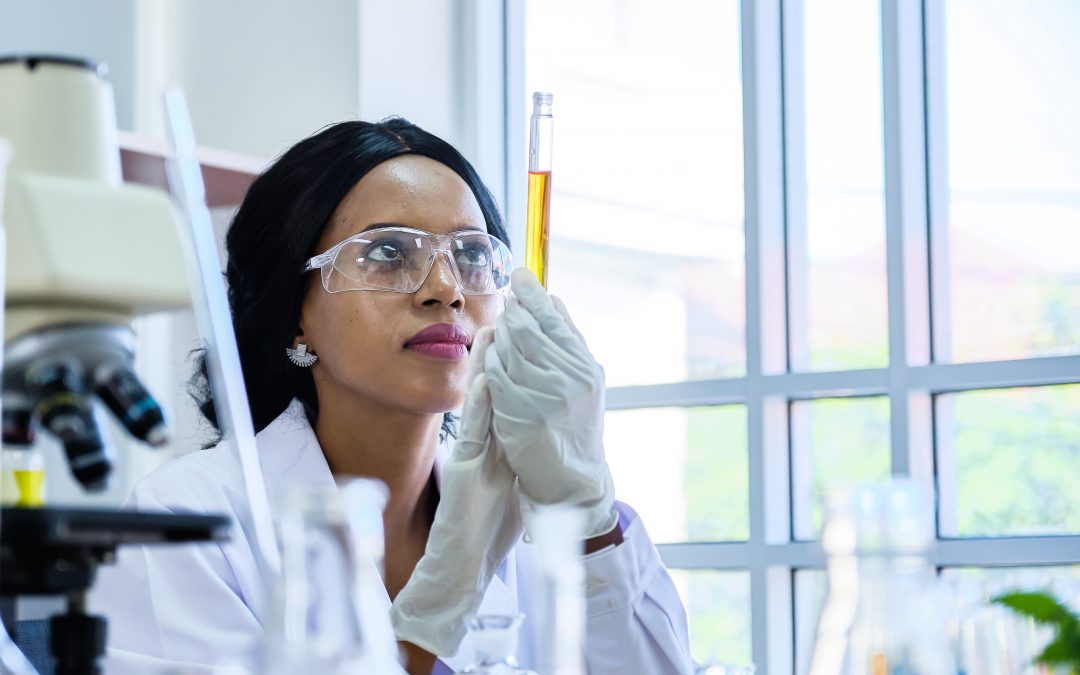The 10th EDCTP Forum was the first to take place in a hybrid format, with participants joining the biennial event physically in Maputo, Mozambique, and from across the world through an exciting virtual event space. The forum provides an international platform to take stock of the activities and achievements in cutting-edge, collaborative research and innovation (R&I) addressing the burden of poverty-related and neglected infectious diseases (PRNDs) in sub-Saharan Africa and the capacity development and networking activities that support this goal.
In line with this year’s theme – Equity in research for health – DSW organised a virtual symposium titled ‘Advocacy challenges and opportunities for stepping up support for (PRND R&I after COVID-19)’. Our Senior Advocacy Officer Agustin Martin was joined by a panel of experts to discuss how COVID-19 has impacted PRND R&I operations, funding, and policies, and to consider how interest created by the pandemic can be harnessed for joint advocacy and R&I efforts on poverty-related diseases.
Setting the scene, Agustin presented a study commissioned earlier in 2021 by DSW, How fighting diseases of poverty contributes to global health security, as well as the DSW Success stories of EU-Africa cooperation on epidemic preparedness and neglected diseases R&I policy paper. Elaborating on the findings, Agustin drew attention to a key success story, that COVID-19 vaccine platforms developed over the last year have relied heavily on decades of prior investigation on HIV or Ebola, highlighting how in turn, some of the technological advancements for COVID-19 could and should now be used to address neglected diseases.
Prof. Bartholomew Dicky Akanmori from the World Health Organization’s Regional Office for Africa shared how inequity in R&I has posed a huge obstacle to addressing public health priorities, particularly in low- and middle-income countries across the world. Focusing on PRNDs, Prof. Akanmori outlined how such inequities mean there is a lack of new, more effective diagnostics, treatments, and vaccines, leading to missed national, regional, and global targets, and further entrenching poverty. Pulling on lessons learned from the COVID-19 pandemic, Prof. Akanmori highlighted how beyond clinical trials, R&I incubators, technology transfer, regulatory and health systems strengthening, and increased local manufacturing all need to be considered to achieve a smart, focused, and innovative public health approach.
Speaking on the state of neglected disease (R&D) funding, Dr. Nick Chapman, CEO at Policy Cures Research presented the risks and opportunities arising from the pandemic. Dr. Chapman highlighted that prior to COVID-19, funding for neglected disease R&D had been consistently increasing for the five years leading up to the pandemic. Reflecting on the upward trend in funding that emerged in response to the 2014-2015 Ebola outbreak in west Africa, and exploring how the wider economic impacts of the COVID-19 pandemic are unlikely to result in a reversal of neglected disease R&D funding, Dr. Chapman added, “while we are yet to see the actual future effects of COVID-19 on neglected disease funding, there is significant reason to be optimistic”.
Prof. Dr. Marleen Temmerman, Director of the Centre of Excellence in Women and Child Health, Aga Khan University East Africa presented a summary of the work she has undertaken as a member of an Africa-EU R&I advisory group, commissioned by the European Commission’s Directorates-General for Research and Innovation, and International Partnerships to assist them in finding answers on how to best mainstream and boost R&I cooperation in the fields of health systems, R&I capacities, innovation and technology, and the green transition. Recommendations included:
- Better alignment between EU programmes in Africa, in particular, R&D programmes
- Involvement of African member states and stakeholders in the design and the development of EU supported initiatives in Africa, not only in the implementation phase
- Investing in developing capacities on health and research policies in EU delegations
- Need for a more inclusive High-Level Policy Dialogue (HLPD) on Science Technology and Innovation
Prof. Catherine Hankins of the Amsterdam Institute for Global Health and Development and Chair of the EDCTP Scientific Advisory Committee first reviewed EDCTP2, highlighting how it has awarded €814.25 million of funding, supporting activities in 19 European and 41 African countries, before providing a future outlook of its successor, Global Health EDCTP3. Prof. Hankins presented some of its key features, including; a greater emphasis on phase III and IV trials and product-focused implementation studies; a recognition of the changing clinical trials landscape resulting from the COVID-19 pandemic, and the importance of related infectious disease threats and the opportunities for synergistic investments, including antimicrobial resistance, climate crisis-related infectious diseases and emerging and re-emerging infectious diseases.
Watch the session in full here.

